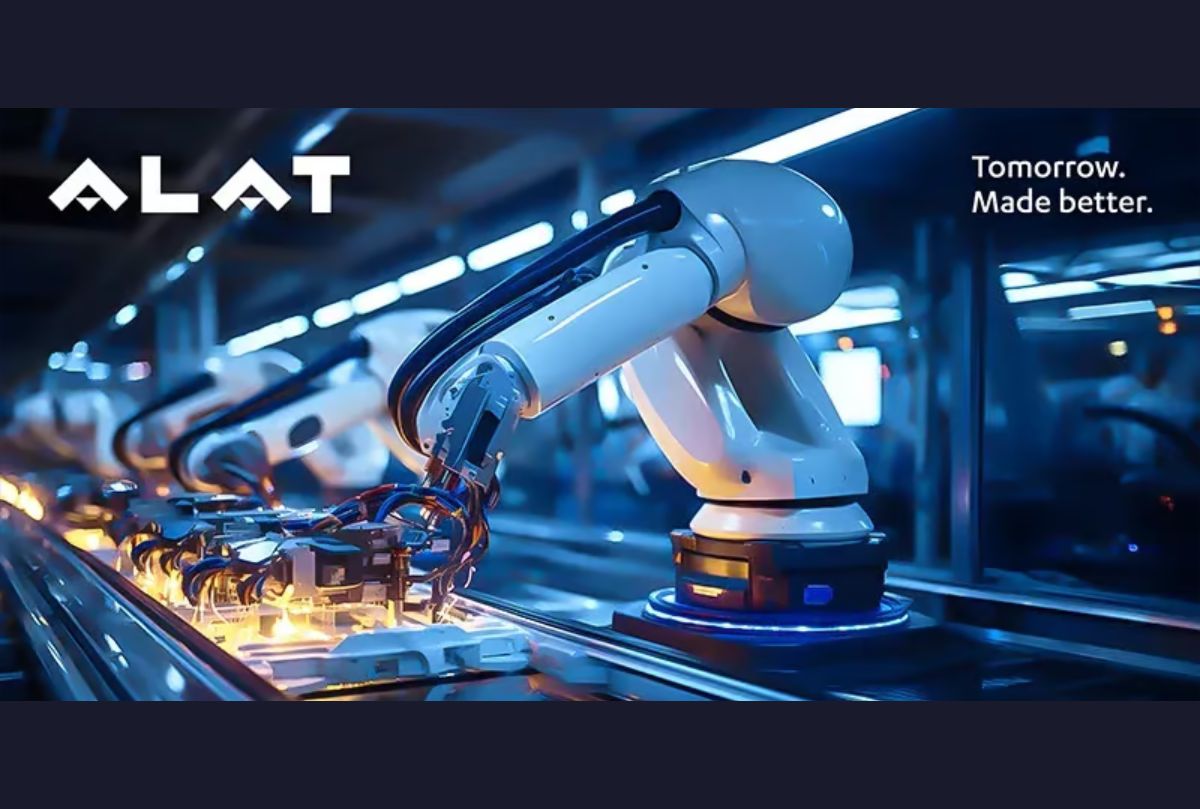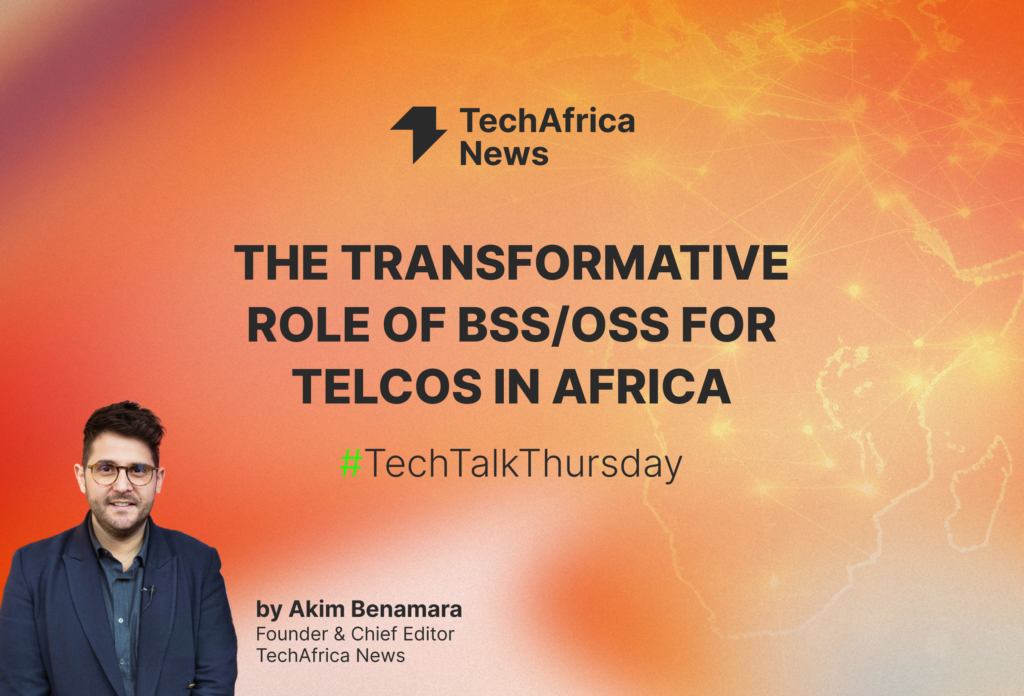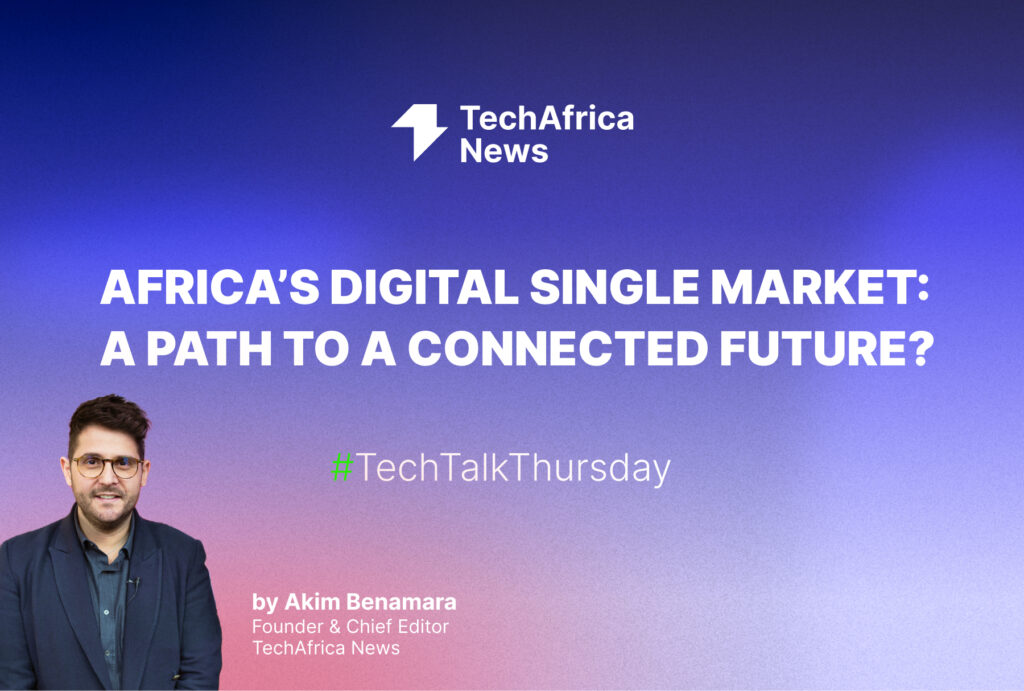Amit Midha Explains Alat’s Plan to Lead the Industry 4.0 Revolution
Alat’s co-innovation model, powered by AI, 5G, and sustainability, is revolutionizing smart manufacturing through strategic partnerships with Lenovo.

Amit Midha, Chief Executive Officer, Alat talks about Alat’s Blueprint for Industry 4.0 Success.
The world is in the throes of a transformative revolution—the Fourth Industrial Revolution. As advanced technologies redefine industries, collaboration has emerged as the cornerstone for progress. This is particularly true in manufacturing, where the integration of connectivity, data-driven insights, and automation is reshaping production processes. At Alat, we believe that the journey toward Industry 4.0 success cannot be traveled alone. It requires a collaborative ecosystem of technology providers, manufacturers, and enablers working in tandem. The theme of this year’s MWC Barcelona, “Catalysts of Change: Connecting the Industrial Ecosystem,” resonates deeply with our philosophy.
This blog post explores how Alat’s co-innovation model—built on partnerships with global technology leaders—is enabling smarter factories, advancing sustainability, and redefining the future of manufacturing. We also share actionable insights for manufacturers aiming to accelerate innovation through collaboration.
Alat’s Co-Innovation Approach: Transforming Factories into Smart Ecosystems
Alat’s vision for Industry 4.0 centers on co-innovation—a collaborative approach that brings together technology providers, research institutions, and industry stakeholders to tackle the challenges of modern manufacturing. At the heart of this strategy is our commitment to building world-class facilities that set new benchmarks for efficiency, flexibility, and sustainability.
Through our partnership with Lenovo, we are creating smarter, more resilient factories. These facilities leverage advanced technologies such as 5G connectivity, IoT devices, and AI-driven automation to optimize operations in real time. Lenovo’s expertise in smart infrastructure and computing solutions plays a pivotal role in enhancing data processing and operational efficiency on the factory floor, enabling predictive maintenance, quality control, and supply chain optimization. AI-enabled predictive maintenance, for example, could reduce maintenance costs by up to 30% and unplanned downtime by 45%.
– Amit Midha, Chief Executive Officer, Alat
This collaborative model does more than enhance productivity; it fosters an ecosystem of shared knowledge and innovation. By working closely with partners like Lenovo, we ensure that every solution is tailored to meet the specific needs of our operations while setting industry-wide standards for excellence. According to McKinsey , companies implementing AI in factories are seeing a 10-15% increase in production and a 4-5% improvement in EBITA—further proof of the transformative potential of such collaborations.
The Role of 5G, IoT, and Edge Computing in Real-Time Operations
Industry 4.0 is powered by connectivity, and technologies like 5G, IoT, and edge computing are its lifeblood. At Alat, we are leveraging these technologies to enable real-time monitoring, automation, and decision-making across our facilities.
5G connectivity provides the high-speed, low-latency networks required to support massive IoT deployments. In our factories, IoT sensors collect and transmit data on everything from machine performance to environmental conditions. This data is then processed at the edge—closer to where it is generated—enhancing speed and reliability, ensuring that critical decisions can be made instantly.
The benefits of these technologies extend beyond operational efficiency. They enable predictive maintenance, reducing downtime and extending the lifespan of equipment. They also facilitate dynamic reconfiguration of production lines, allowing us to adapt quickly to changing market demands. In essence, they transform factories into agile, intelligent ecosystems capable of responding to challenges and opportunities in real time.
The global market for Industry 4.0 technology is expected to reach USD 728.51 billion by 2033, illustrating the massive growth potential in adopting these advancements.
Sustainability Through Partnerships: Building a Greener Future
Sustainability in manufacturing goes beyond just reducing emissions; it’s about optimizing resource use, minimizing waste, and innovating for a circular economy. Artificial intelligence can monitor and optimize production lines to reduce energy consumption and material wastage. The global AI market, projected to reach US$2.02 trillion by 2030, underscores the scale of opportunities for innovation in this area. Additionally, the global AI in manufacturing market is expected to grow to US$695.16 billion by 2032, reflecting its transformative potential.
Companies can develop alternatives to existing materials for production and packaging that are more eco-friendly. This not only benefits the environment but also creates cost efficiencies and improves resilience in supply chains.
Energy is a major focus area for improvement. The industrial sector accounted for 37% of global energy use and a quarter of CO2 emissions from energy generation in 2022 . By powering factories with clean energy sources, such as solar, wind, or green hydrogen, their carbon footprint can be reduced dramatically.
Our partnership with Lenovo is central to this mission. By integrating innovative technologies into our facilities, we are creating factories that are not only efficient but also environmentally responsible. Saudi Arabia offers a range of unique advantages for Lenovo that align with the company’s wider strategic goals. The Kingdom’s location at the crossroads of major trading links with Europe, the Middle East and Asia allows the company to serve the region with far greater efficiency and speed. Meanwhile, by opting to manufacture in the country, the company can reduce the carbon footprint of its products and support its target of achieving net-zero by 2050. This coupled with the region’s fast-growing IT market presents huge opportunities to expand its presence with innovative solutions tailored for local needs. Together, we aim to set new standards for what is possible in sustainable manufacturing.
Saudi Arabia’s continued investment in technology is another key driver of this transformation. With US$36.6 billion allocated to information and communications technology in 2024 , Saudi Arabia is leading the Middle East, Turkey, and Africa in tech spending (IDC). Furthermore, the US$9 billion investment announced at LEAP23 highlights the nation’s commitment to fostering a thriving technology ecosystem.
Pioneering the Future Together
At Alat, our vision for Industry 4.0 is rooted in collaboration. By working with global technology leaders, we are transforming our facilities into smarter, greener, and more resilient ecosystems. Our partnership with Lenovo exemplifies what is possible when innovation and sustainability intersect.
As the world continues its journey through the Fourth Industrial Revolution, the potential for transformative growth in manufacturing is limitless. The future of manufacturing is bright, and it is a future we are proud to shape alongside our partners. Together, we are not just imagining the factories of tomorrow; we are building them today.
– Amit Midha, Chief Executive Officer, Alat






